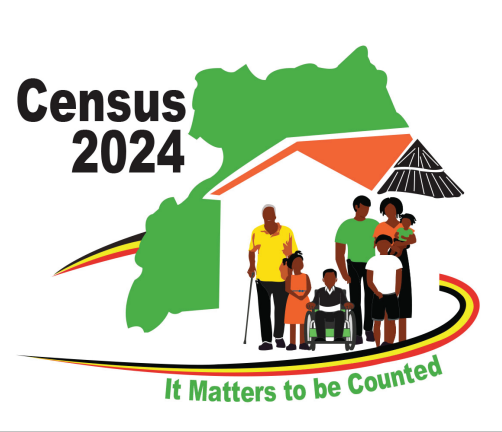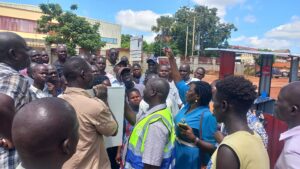
In 2014, Uganda conducted a comprehensive census, unveiling a population figure of 34,856,813 million individuals. This census is not merely a numerical exercise but a fundamental tool for effective national planning, with far-reaching implications for sectors across the country, including essential services like the National Water and Sewerage Corporation (NWSC). Charged with the responsibility of improving water and sanitation services, NWSC’s ability to fulfill its mission hinges on accurate population data, making its active involvement in the census vital for shaping public health and sanitation standards.
The census went beyond simple population enumeration, and further looked into critical health dimensions. Enumerators made inquiries that included scenarios questioning respondents about their perception of potential outbreaks, such as when three members of a family exhibit symptoms of bleeding. This comprehensive approach hints on the census’s broader significance, extending its scope to encompass essential aspects of public health.
For NWSC, participation in such inquiries not only aligns with its mandate but also positions it as a proactive contributor to national health initiatives, strengthening its capacity to address water & sanitation-related challenges.
As Uganda progresses through the census process, it is imperative to highlight the importance of widespread awareness and participation. Beyond the numerical data collected, this census represents a collective commitment to enlightenment and empowerment, with each household accounted for contributing to the nation’s development agenda.
In summary, Uganda’s 2014 Census is a foundation for national development, providing invaluable insights into population dynamics and societal needs.


